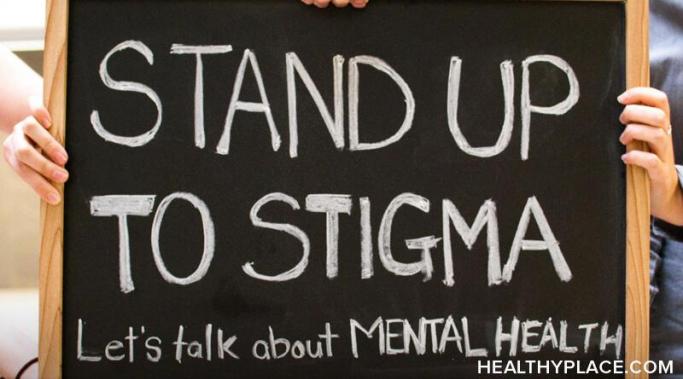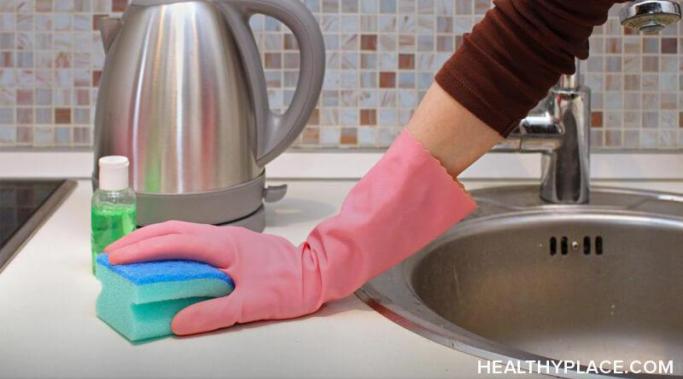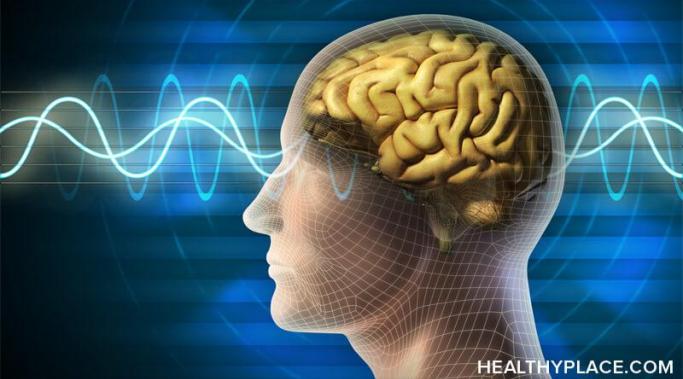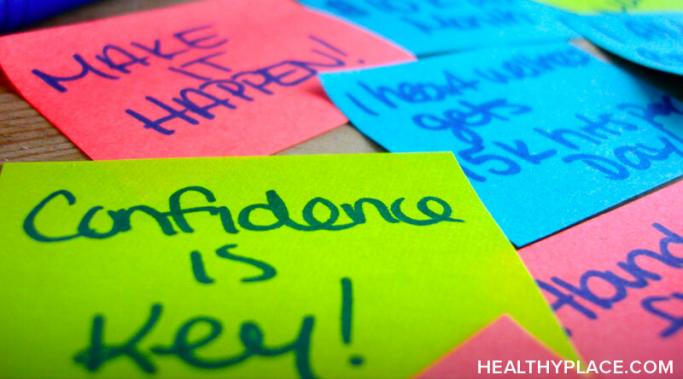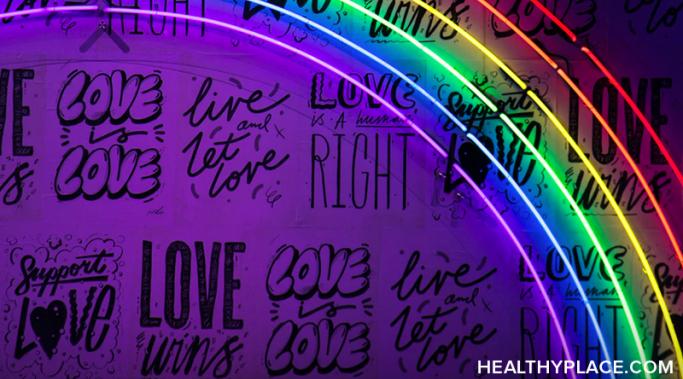Blogs
This story is a bit embarrassing to share. But people really feel the stories are helpful, so here you go. I want to admit that I can’t shower without my husband, Tom, in the bathroom with me.
I constantly move—so much so that I feel anxious if I have been sitting for more than about 20 minutes at a time. In fact, even as I type this sentence, I am doing calf raises while standing in front of my computer. On most days, I run or walk an average of 20,000 steps, and if I fall below that threshold, I frenetically pace around the living room while I watch TV at night. I happen to be someone with a lot of natural energy, but I often wonder: Am I just active, or is it my exercise addiction? Moreover, how can I strike a healthy balance in this area?
I've felt quite overwhelmed by the events happening worldwide and within my community. Between social media, the news, and life, the noise never lets up. Luckily, there are practices we can observe and measures we can take to quiet the noise. It all starts with small actions leading to a more overarching goal. This methodology applies to many aspects of our life, and fighting mental health stigma is no different.
Self-injury can feel like your only option for relief from whatever you're going through—but it's not. Exploring healthy alternatives to self-harm will allow you to find better, more effective ways to cope.
Did you know that burnout is common for individuals with borderline personality disorder (BPD)? In this article, I talk about how I used hard work as an unhealthy coping mechanism and what happened when it all came crashing down, and burnout came for me.
The word "neurodivergent" is flung around social media and is now very politically correct. For example, it's supposedly okay to call a person "neurodivergent," whereas calling them "mentally ill" will get you social media-canceled. But if people insist on using the term neurodivergent, then let's at least know what it means and how to use it properly.
Nobody likes cleaning. Wait. That's not right, because I've known people who enjoy cleaning as it provides a sense of accomplishment or something else I can't comprehend. Not me. I hate cleaning. I especially hate the big jobs. They give me anxiety. Of course, I procrastinate, the job gets bigger, and my anxiety increases. So, I procrastinate some more. And I do it again and again. It is a circle of procrastination and anxiety that eventually must be tackled.
Throughout my life, I've had to deal with two diametrically opposed traits of attention-deficit/hyperactivity disorder (ADHD): inattentiveness and hyperfocus.
Anxiety and self-confidence usually don't coincide with one another, in my experience. I've also found that it is important to find ways to boost my confidence. Otherwise, it is easy to allow my anxiety to overwhelm many aspects of my daily life.
Living with borderline personality disorder (BPD), many aspects of my identity have felt unstable over the years, including my sexuality. I came out as bisexual in 2000 or 2001, but after about a year of dating women, I went on to date cis men almost exclusively. My sexual attraction to women never went away, but the way I feel about it has fluctuated. I had trouble accepting my bisexuality.


